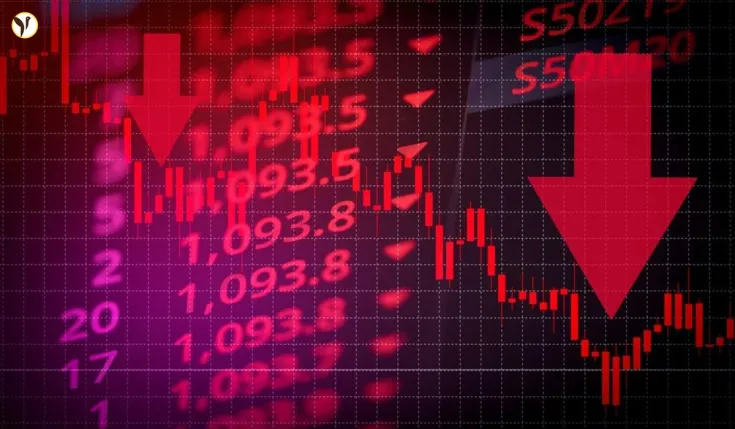The Karachi Stock Exchange Took a Dive – And It Wasn't Pretty
Okay, so picture this: Pakistan's main stock market, the Karachi Stock Exchange (KSE), just had a seriously rough patch. We're talking a dramatic drop, the kind that makes investors clutch their pearls. Honestly, who saw that coming? It all boils down to a perfect storm of geopolitical tension and some pretty shaky economic ground.
The KSE-100's Nosedive After "Operation Sindoor"
May 7th, 2025, was a day to forget for many KSE investors. The KSE-100, their benchmark index, took a nearly 6% plunge – that's a whopping 6,272 points lost! It landed at 107,296.64, a number that probably didn't make anyone feel very festive. This massive drop followed India's "Operation Sindoor," a series of targeted military strikes within Pakistan and Pakistan-occupied Kashmir (PoK).
The operation, a response to a deadly attack in Pahalgam earlier in April, sent shockwaves through the market. Indian markets, while initially jittery, bounced back pretty quickly. They have stronger economic fundamentals and consistent foreign investment, you see. But the KSE? It was a different story. This wasn’t just a blip; it reflected a deeper crisis of confidence, adding to already existing economic worries.
The fall was brutal: It was the steepest single-day drop since 2021. Investor confidence? Let’s just say it took a major hit. And the contrast with India? It really highlighted the difference in economic stability and investor trust.
April 2025 wasn't much better. It marked the KSE's worst month since August 2023, losing over 6% amidst rising geopolitical tensions. This is especially interesting considering the impressive 86% surge in 2024 that attracted major foreign investment from giants like BlackRock and Eaton Vance. It kinda felt like watching a slow-motion trainwreck.
The Bigger Picture: Economic Woes and Geopolitical Headaches
The KSE's volatility isn't *just* because of "Operation Sindoor." Pakistan's facing some serious economic challenges. You know how sometimes things just spiral? Well, that's what's happening here.
Inflation's soaring: This eats away at people's purchasing power, killing investor enthusiasm. The currency's weakening: A weaker Pakistani Rupee makes things even more unstable. Interest rates are high: This makes borrowing expensive, impacting business growth. Geopolitical risks are through the roof: Tensions with India add a massive layer of uncertainty. And finally, the external debt burden is huge: This leaves Pakistan vulnerable to global economic shocks.
Moody's, a major credit rating agency, warned about the potentially devastating consequences for Pakistan if a full-blown war with India breaks out. With limited foreign exchange reserves and dependence on external financing, Pakistan is in a really vulnerable position.
What’s Next for the KSE?
Looking ahead, things are still pretty uncertain. Continued geopolitical tensions and Pakistan's economic fragility could mean more market volatility. While there might be periods of recovery, lasting growth will depend on fixing the underlying economic problems and calming regional tensions. Investors should definitely proceed with caution, keeping a close eye on economic indicators and geopolitical news.
Disclaimer: This is just general information; it’s not financial advice. Talk to a financial advisor before making any investment decisions.
In a Nutshell
The recent KSE crash is a harsh reminder of how closely tied market performance is to geopolitical events. "Operation Sindoor" was a significant trigger, but Pakistan's shaky economy is the real reason for the instability. Fixing these issues and promoting peace in the region is key to restoring investor confidence and getting the economy back on track.






